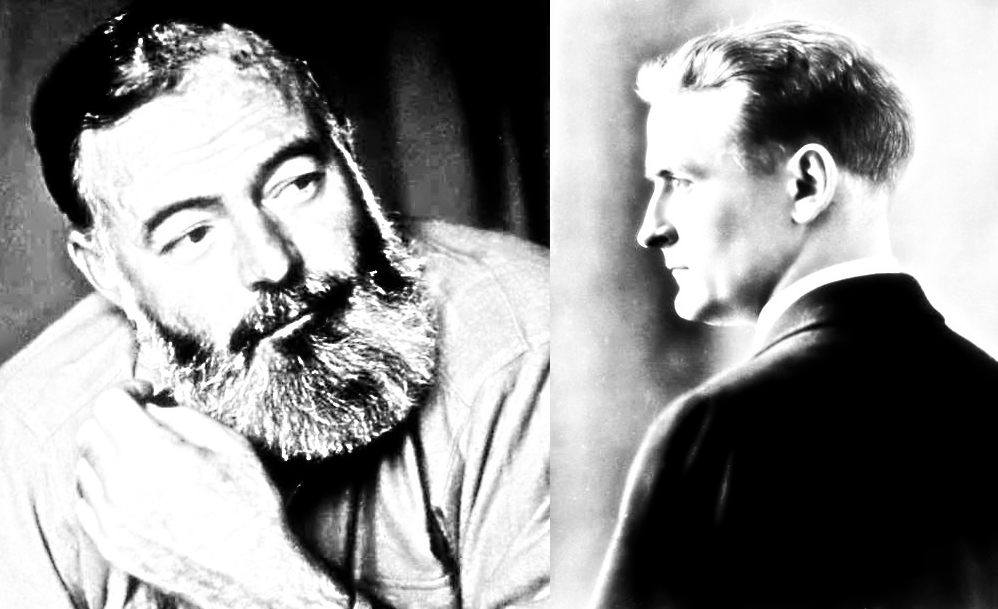Writing simply is an important function of writing because it shows that you have a command of language and you are able to say more with less. It is okay to write big, long sentences with lots of punctuation and conjunctions and thoughts and things that make people believe you are smart, but it is an entirely other thing to write simply, know what you are saying, and convey exactly what you mean.
Who needs to defenestrate when tossing something out the window is so much more simple and clear?
What is a simple sentence?
We learned in a recent post that simple sentences have a subject and a predicate, and this also makes it an independent clause.
It is independent because it can stand on its own. So that also implies (or should at least) that a simple sentence starts with a capital letter and ends with punctuation (a period more often than not) and there is a subject (noun) that is performing some action (verb).
So, simple sentences are simple, and, as such, are more direct!
Henry played his guitar loudly. The flurry of music filled his head and he smiled.
The above sentences are simple but tell us a lot. Henry is a musician and he loves music; and he is probably very good at playing guitar. In instances such as this, simple sentences help you write clearly and stay on track. Have you ever gotten halfway through a long sentence and forgot what you were trying to say? Well, simple sentences can help you quickly reflect on your intention.
This can help save you some editing grief later.
Let’s look at an example of writing simply from a famous novel:
He found what he was looking for in his inside pocket. It seemed to be a silver cigarette lighter. He flicked it open, held it up in the air, and clicked it. The nearest street lamp went out with a little pop. He clicked it again — the next lamp flickered into darkness.
(JK Rowling | Harry Potter)
Perfectly simple. Perfectly clear. Interesting. And it tells you what Dumbledore is doing in quick indicative statements.
A quick thought on verbosity and grandiloquence
There are writers that use long, complicated words to create mood and to set the tone of writing, and that’s fine. Those are gothic writers and we are never going to be as gifted most of them so we should leave it alone (I am mostly kidding).
One thing I learned a while back is that a thesaurus isn’t necessary to be a good writer. One’s eye is much more clear than the ocular device on one’s head, if that makes sense. Thus, grandiloquence is also not necessary for a writer to make a statement.
Likewise, a large amount of words for wordiness’ sake is just wasting somebody’s time. If we admit that verbosity is not necessary to create works of art then we can busy ourselves with writing more clearly, which, I believe, is more artful.
Conclusion
What needs to be said is this: cut down the length of your sentences and your word count. You can most definitely check your thesaurus when you feel as though you are being redundant, but don’t get carried away. You really don’t want to make people grab a thesaurus because you have used one.







